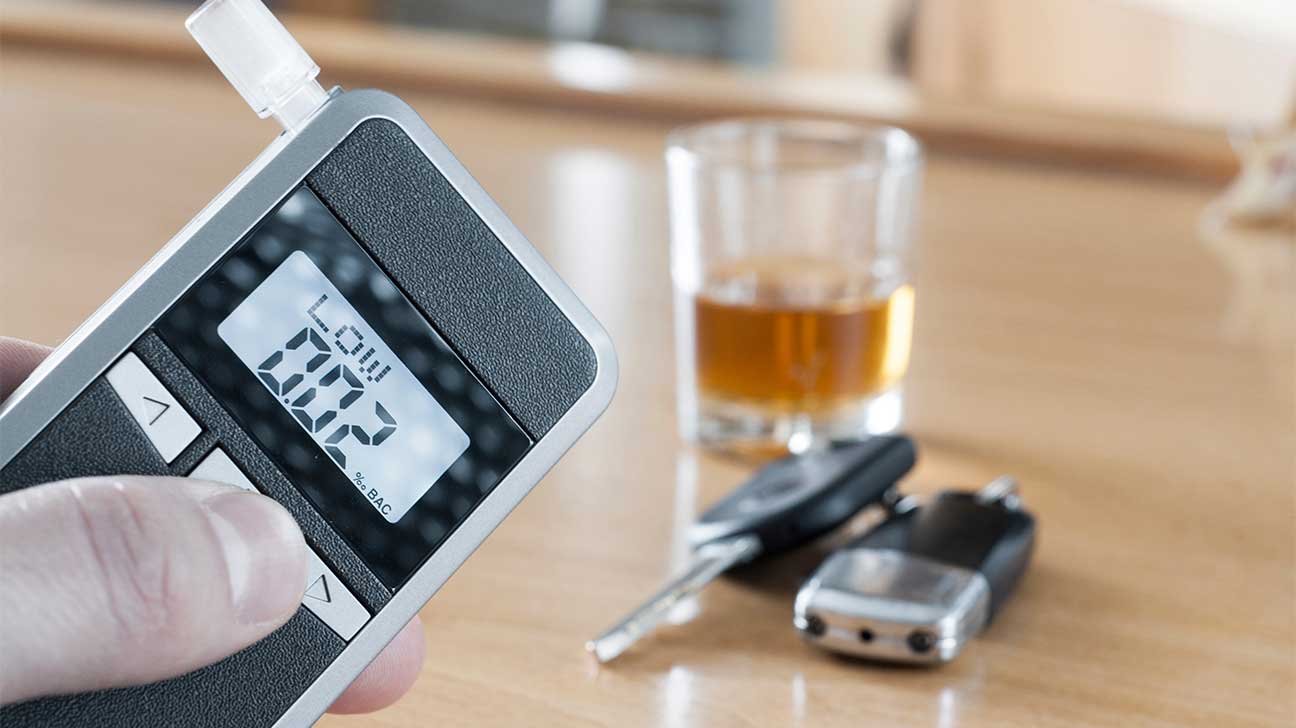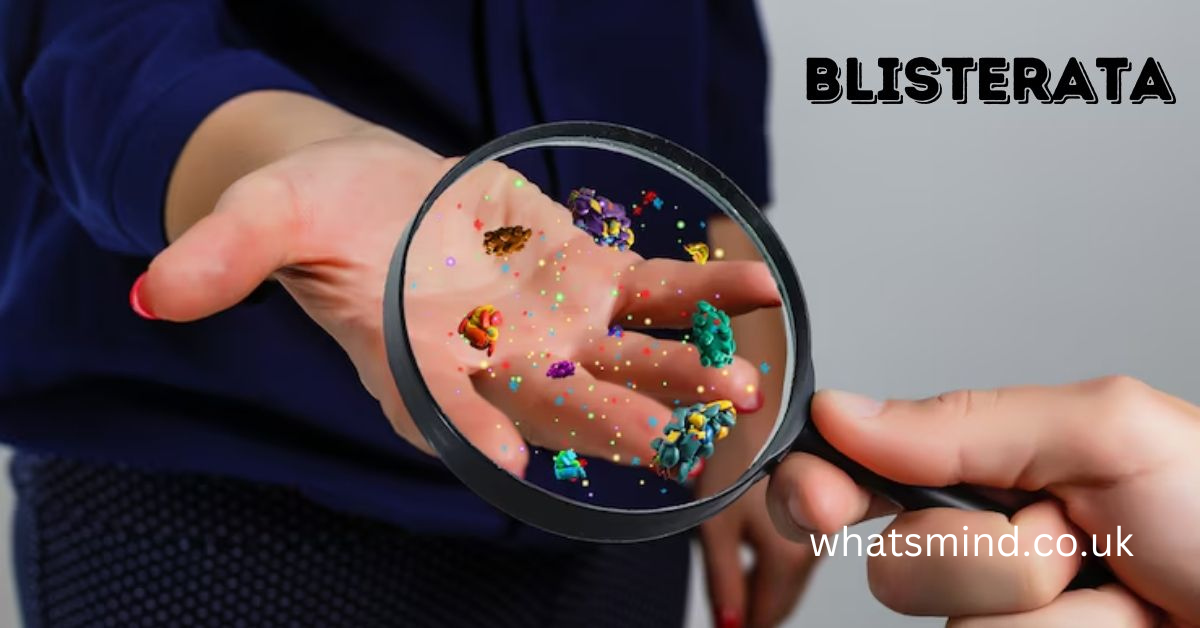Understanding how long alcohol stays in your system is crucial, especially if you’re concerned about passing an ETG test. The length of time alcohol can be detected depends on several factors, such as the amount consumed, your metabolism, and the type of test used. This blog dives into the details of alcohol metabolism, and detection windows for various tests, and offers some tips on managing alcohol intake if facing an ETG test. We’ll also answer some common FAQs about alcohol detection and ETG tests to give you a comprehensive overview.
Why Knowing Matters
We’ve all been there—enjoying a night out, only to wake up the next morning worrying about how long the alcohol will stay in your system. Whether you’re prepping for a job interview, a health screening, or even trying to avoid consequences at work, understanding how alcohol metabolizes is vital. If you’re particularly concerned about passing an ETG test, you’re in the right place. This article will break down everything you need to know.
How Alcohol Metabolizes in Your Body
When you drink alcohol, your body begins to process it almost immediately. Your liver is the main organ responsible for breaking down alcohol, converting it into acetaldehyde, and eventually into acetate, which is then eliminated from the body.
Absorption: Alcohol is absorbed into the bloodstream within minutes of consumption.
Metabolism: The liver processes alcohol at a constant rate, usually around one standard drink per hour.
Excretion: Any alcohol not metabolized is excreted through sweat, urine, and breath.
Factors That Influence Alcohol Detection
The time it takes for alcohol to leave your system depends on several factors:
Quantity of Alcohol Consumed: The more you drink, the longer it will take for your body to process it.
Body Weight and Composition: People with higher body fat percentages may process alcohol more slowly.
Age: As we age, our metabolism slows down, which can increase the time alcohol remains in the system.
Gender: Women generally have a lower tolerance for alcohol due to differences in body composition and enzyme levels.
Overall Health: A healthy liver will metabolize alcohol faster than one that is damaged or compromised.
Detection Windows for Alcohol
Now, let’s get into the nitty-gritty of how long alcohol can be detected in your body through various testing methods:
Breath Tests: Alcohol can be detected for up to 24 hours after your last drink.
Urine Tests: Traditional urine tests can detect alcohol for up to 48 hours, but ETG (Ethyl Glucuronide) tests extend this window to 72-90 hours.
Blood Tests: Alcohol is usually detectable in blood for up to 12 hours.
Hair Tests: Hair follicle tests can detect alcohol for up to 90 days, but these are less common for everyday testing.
Understanding ETG Tests
ETG tests are one of the most common methods for detecting alcohol consumption over a more extended period. ETG stands for Ethyl Glucuronide, a metabolite that forms when alcohol is processed by the liver. What makes ETG tests unique is their ability to detect even small amounts of alcohol long after consumption—sometimes up to 90 hours.
If you’re worried about passing an ETG test, here’s what you need to know:
Sensitivity: ETG tests are highly sensitive and can detect alcohol even if you’ve only had a small amount.
False Positives: Some household products, like mouthwash or hand sanitizers, contain alcohol and can sometimes lead to false positives. It’s essential to be cautious with these products if you’re facing an ETG test.
Test Timing: The earlier you take the test after consuming alcohol, the higher the likelihood of detection.
Tips for Passing an ETG Test
While there’s no guaranteed way to pass an ETG test if you’ve recently consumed alcohol, there are a few strategies you can consider:
Hydrate: Drinking plenty of water can help flush out your system, though it won’t eliminate ETG entirely.
Exercise: Physical activity can help speed up your metabolism, though it’s not a foolproof method.
Time: The best way to pass an ETG test is to allow enough time for the alcohol to leave your system. If possible, wait at least 72-90 hours before taking the test.
Avoid Exposure: Be mindful of products containing alcohol, like mouthwash or certain foods, as these can result in false positives.
FAQs About Alcohol Detection and ETG Tests
Q: Can I fail an ETG test from using mouthwash?
A: Yes, some mouthwashes contain alcohol and can potentially cause a false positive on an ETG test. It’s best to avoid alcohol-containing products before a test.
Q: How accurate are ETG tests?
A: ETG tests are highly accurate and sensitive, capable of detecting even small amounts of alcohol consumed within the past 72-90 hours.
Q: Can exercise help me pass an ETG test?
A: While exercise can boost your metabolism, it won’t eliminate ETG from your system entirely. It’s still best to allow enough time for the alcohol to clear naturally.
Q: How long do I need to abstain from alcohol to pass an ETG test?
A: Ideally, you should abstain from alcohol for at least 72-90 hours before taking an ETG test to minimize the chances of detection.
Q: What should I avoid to pass an ETG test?
A: Along with alcohol, avoid exposure to products like hand sanitizers, mouthwash, and certain foods that contain alcohol. These can sometimes trigger false positives.
Conclusion: Play It Safe
Understanding how long alcohol stays in your system is essential, especially if you’re facing an ETG test. While time is the most reliable factor in ensuring you pass, staying informed and cautious about alcohol consumption and exposure can make all the difference. If you have a test coming up, plan accordingly, and consider the tips we’ve discussed to give yourself the best chance of passing an ETG test.
Remember, when in doubt, it’s always better to err on the side of caution. After all, you don’t want to take any chances when it comes to your health, career, or personal life.



